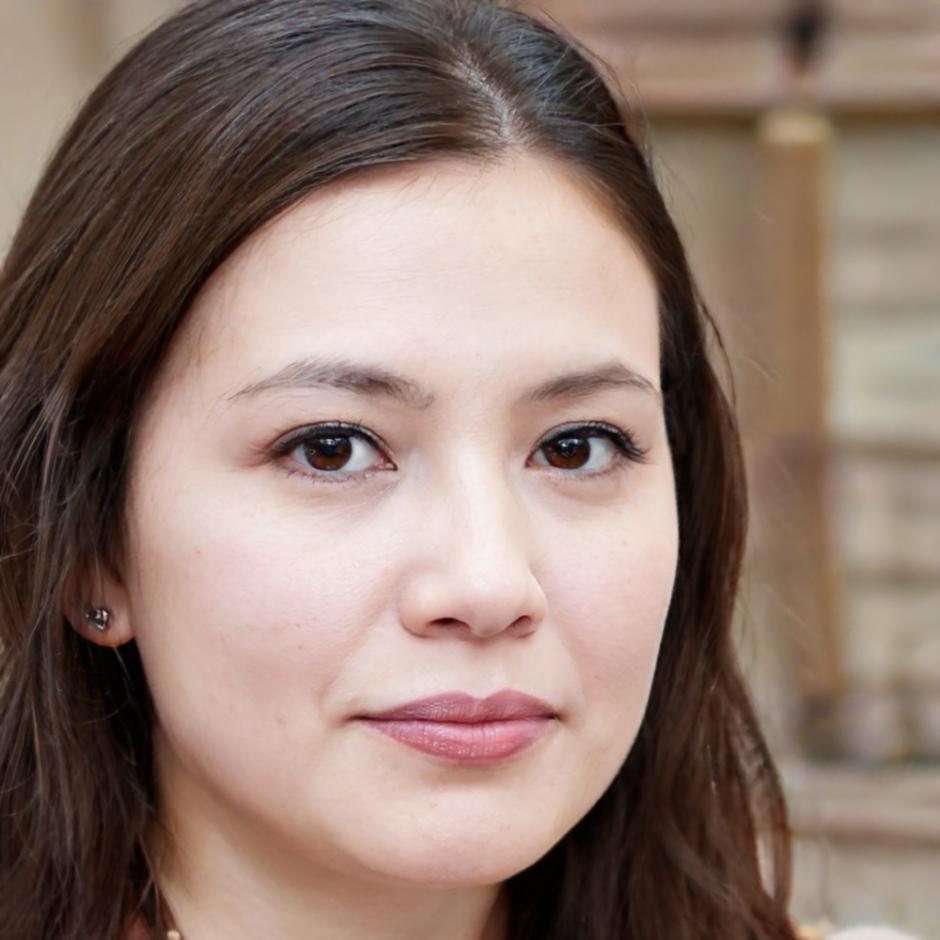Our Innovation Story
We started with a simple question in 2019: Why does technology education often feel disconnected from real-world applications? This curiosity led us to develop learning approaches that bridge the gap between theoretical knowledge and practical problem-solving.
Research-First Learning
Our educational approach emerged from observing how successful tech professionals actually learn and adapt. Instead of following traditional curriculum structures, we developed project-based scenarios that mirror real industry challenges.
- Problem-centered learning modules that start with actual smart city challenges
- Collaborative research projects connecting students with local government initiatives
- AI ethics integration woven throughout technical training rather than as separate courses
- Mentorship networks linking learners with working professionals in Thailand's tech sector
What Sets Our Approach Apart
Local Context Integration
We design learning experiences around Thailand's specific urban development needs. Students work with actual data from Bangkok's traffic systems, Chiang Mai's air quality monitoring, and Phuket's tourism management platforms.
Adaptive Learning Pathways
Everyone learns differently, especially in technical subjects. Our methodology adjusts based on individual progress patterns, allowing some students to dive deep into machine learning while others focus on urban planning integration.
Industry Partnership Model
Rather than simulated projects, students collaborate on ongoing initiatives with Thai government agencies and private sector partners. This creates genuine learning pressure and meaningful outcomes.
We've learned that sustainable education happens when students see direct connections between their studies and community impact. That's why every program includes a community-focused capstone project.
How We Developed This Method
Initial research phase studying successful tech education models across Southeast Asia. Discovered significant gaps between academic training and workplace requirements in emerging technology fields.
Piloted first project-based learning modules with 50 students. Found that hands-on smart city projects increased engagement by 300% compared to traditional lecture formats.
Established partnerships with Thai government agencies and began incorporating real municipal data into curriculum. Students started contributing to actual policy recommendations.
Expanding methodology to include AI governance training and sustainable technology development. New cohorts beginning September 2025 will tackle climate adaptation projects.

Meet Our Research Director
Dr. Siriporn Thanakit leads our educational methodology development. With a background in cognitive science and urban planning, she brings both theoretical depth and practical experience to curriculum design. Her doctoral research on technology adoption in developing cities directly informs our teaching approaches.
- Urban Systems Analysis
- Learning Psychology
- AI Ethics Research
- Community Engagement
- Data Visualization
- Policy Development
She's currently working on a longitudinal study tracking how project-based learning affects career trajectories in Thailand's tech sector. Early results suggest students retain technical skills longer when they've applied them to real community challenges.